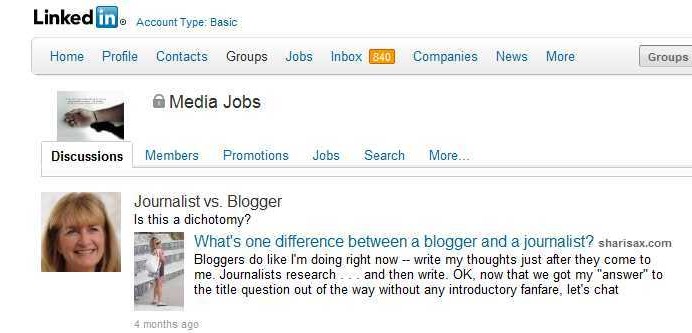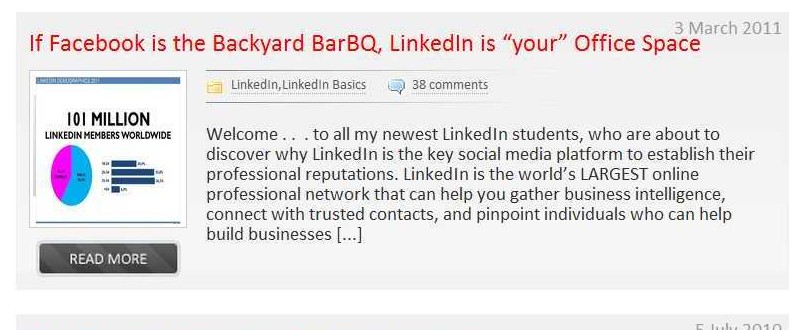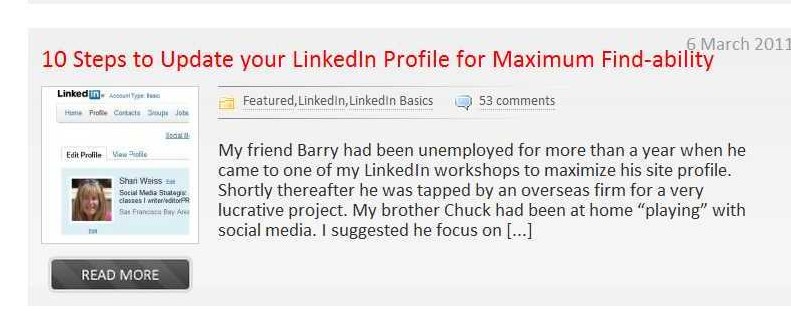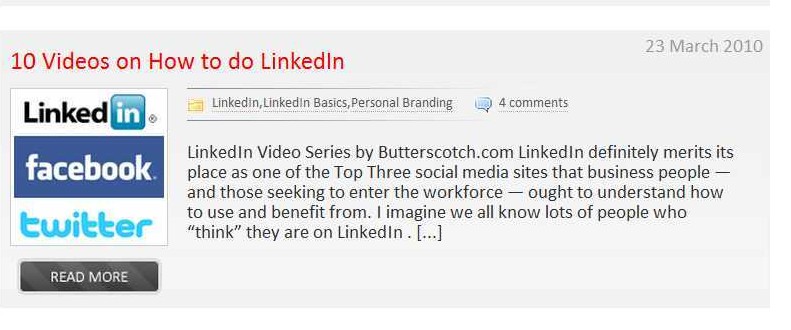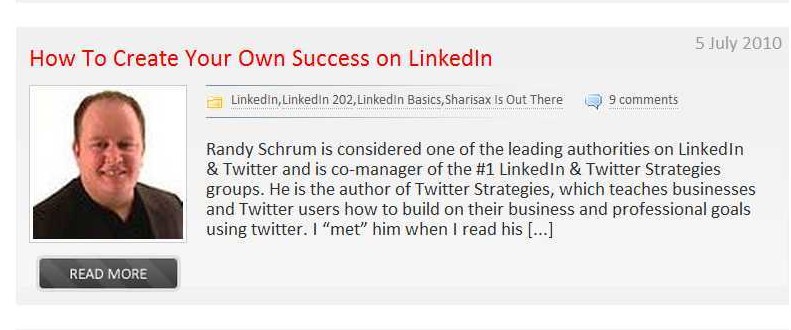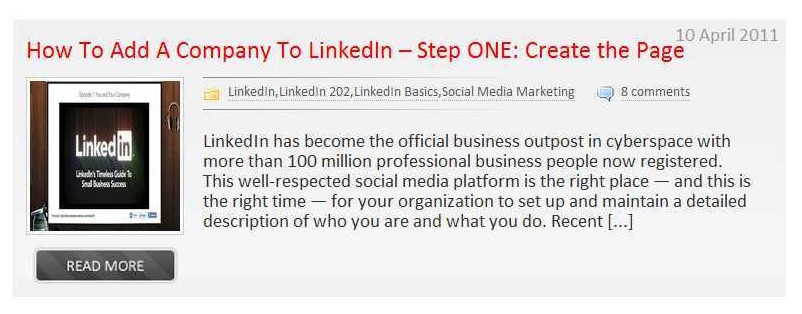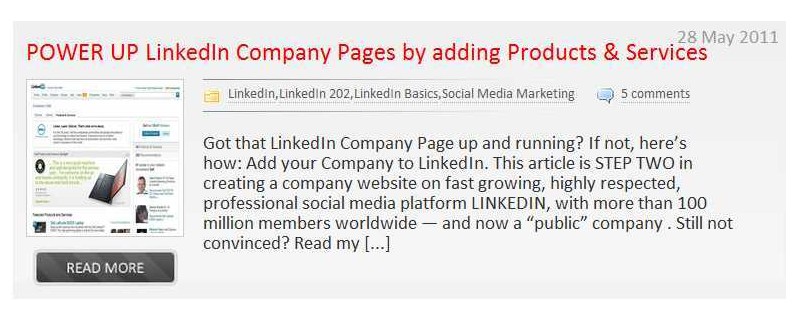 Time for new student bloggers and the typical questions: “How do I get more readers?” and “How do I get people to comment?”
Time for new student bloggers and the typical questions: “How do I get more readers?” and “How do I get people to comment?”
My standard answers have been these three:
1) Comment on other people’s blogs
2) Announce your new posts on Facebook, Twitter, and LinkedIn
3) Add a user-friendly comment device [don’t make commenters jump through too many hoops].
However, after reading several of their posts, I have another simple answer — but, first, a story:
My Story about Peter
Several years ago, when I was teaching beginning journalism students at Southwest Missouri State, the students’ daily chore was to write in a log. . . . and then I read them.
Big mistake — both the assignment and me spending time reading them.
When left to their own devices . . . students wrote about such earth-shattering events as breaking up with their boyfriends and flushing letters down the toilet to buying a pair of boots at the mall to the scores of basketball games in the local conference. Needless to say, I was questioning my sanity for having asked for these papers.
Until Peter, that is.
Peter wrote plays and poetry. Peter analyzed the news. Peter shared intelligent conversations he had had with friends. Peter reported on books and articles he was reading.
And his writing was so flawless that I was envious.
But I loved reading his stuff and looked forward to every entry.
I was in awe of his talent and wondered what I could offer him.
So I went to several of my colleagues to ask their opinions; one comment stood out: “Peter’s stuff is good because he writes about things that are important and interesting.”
When you blog — and you want people to read and comment — WRITE ABOUT THINGS THAT ARE IMPORTANT AND INTERESTING.
Why write about anything else?




